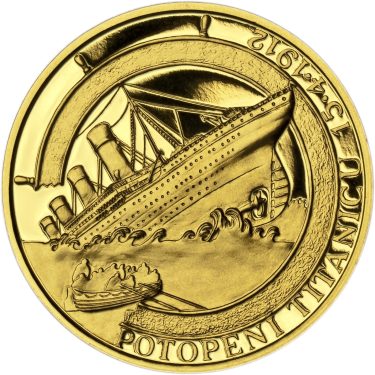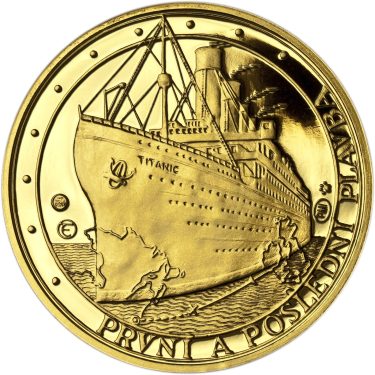Titanik - 100. výročí potopení Au proof
BEST SELLERS
diameter: 28 mm
weight: 15,56 g
purity: 999,9/1000 Au
edge plain, numbered
limited mintage quality proof: 156 pcs
limited mintage of unc. quality: 67 pcs issue day: 2012
Objednávkový kód: CRM908
weight: 15,56 g
purity: 999,9/1000 Au
edge plain, numbered
limited mintage quality proof: 156 pcs
limited mintage of unc. quality: 67 pcs issue day: 2012
Objednávkový kód: CRM908
KRÁSA POD LUPOU
Fotografie použity se svolením Zlatemince.cz.
Fotografie použity se svolením Zlatemince.cz.



